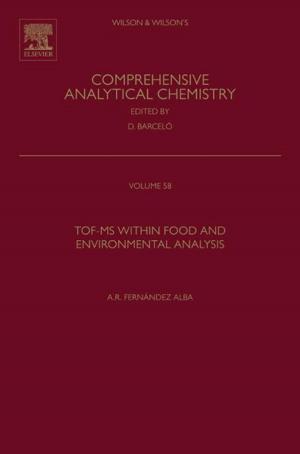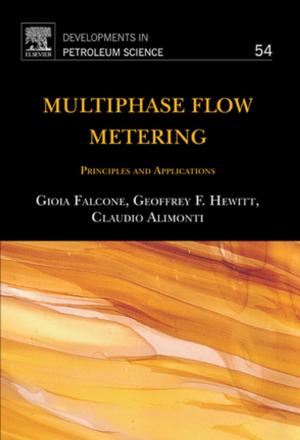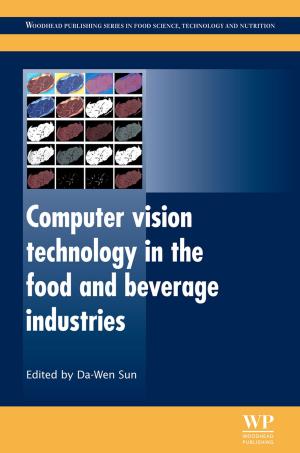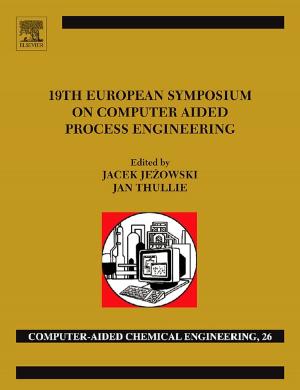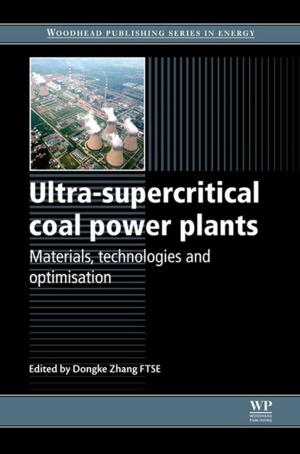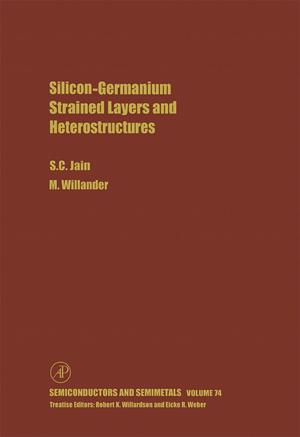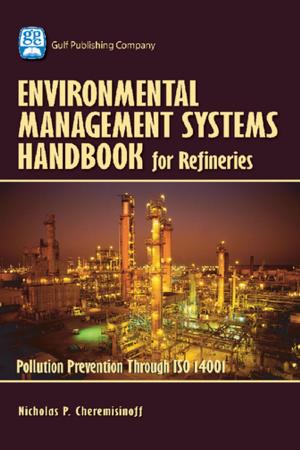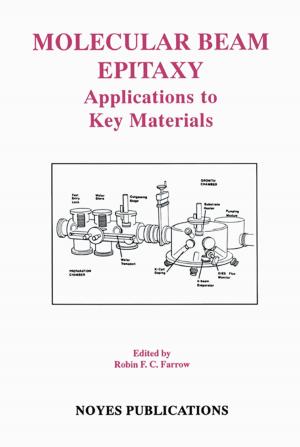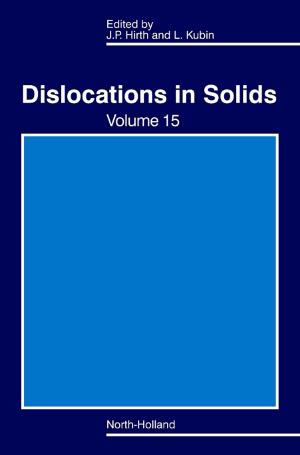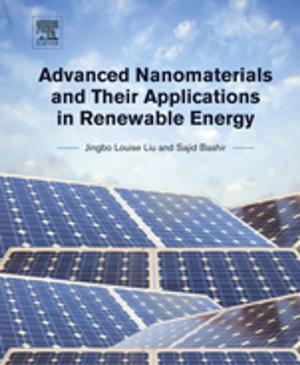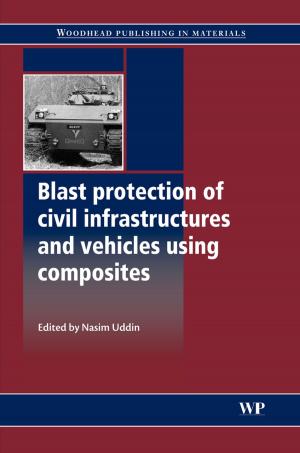Mineral Resources and Energy
Future Stakes in Energy Transition
Nonfiction, Science & Nature, Science, Earth Sciences, Computers, General Computing| Author: | Olivier Vidal | ISBN: | 9780081023822 |
| Publisher: | Elsevier Science | Publication: | November 25, 2017 |
| Imprint: | ISTE Press - Elsevier | Language: | English |
| Author: | Olivier Vidal |
| ISBN: | 9780081023822 |
| Publisher: | Elsevier Science |
| Publication: | November 25, 2017 |
| Imprint: | ISTE Press - Elsevier |
| Language: | English |
Our consumption of raw materials and energy has reached unprecedented levels which are continuing to increase at a steady rate due to the economic emergence of many countries and the development of new technologies. Metal and cement usage has doubled since the beginning of the 21st Century and this production, between now and 2050, will be equivalent to that produced since the beginning of humanity.
It is in this context that the transition to low-carbon and renewable energies is taking place, which involves profound changes to the existing global energy system.
This book addresses these different aspects and attempts to estimate first-order requirements for cement, steel, copper, aluminum and energy for different power generation technologies, and for three types of energy scenarios. Some dynamic modeling approaches are proposed to assess the needs and likely evolution of primary production and recycling. The link between production and primary reserves, recycling and stocks of end-of-life products, production costs, incomes and prices using a prey–predator dynamic is discussed.
- Approaches the issues of commodities and energy in terms of needs, technological innovation and economic and social issues
- Emphasizes the couplings between these different aspects
- Helps readers understand and integrate these couplings through global modeling
Our consumption of raw materials and energy has reached unprecedented levels which are continuing to increase at a steady rate due to the economic emergence of many countries and the development of new technologies. Metal and cement usage has doubled since the beginning of the 21st Century and this production, between now and 2050, will be equivalent to that produced since the beginning of humanity.
It is in this context that the transition to low-carbon and renewable energies is taking place, which involves profound changes to the existing global energy system.
This book addresses these different aspects and attempts to estimate first-order requirements for cement, steel, copper, aluminum and energy for different power generation technologies, and for three types of energy scenarios. Some dynamic modeling approaches are proposed to assess the needs and likely evolution of primary production and recycling. The link between production and primary reserves, recycling and stocks of end-of-life products, production costs, incomes and prices using a prey–predator dynamic is discussed.
- Approaches the issues of commodities and energy in terms of needs, technological innovation and economic and social issues
- Emphasizes the couplings between these different aspects
- Helps readers understand and integrate these couplings through global modeling

